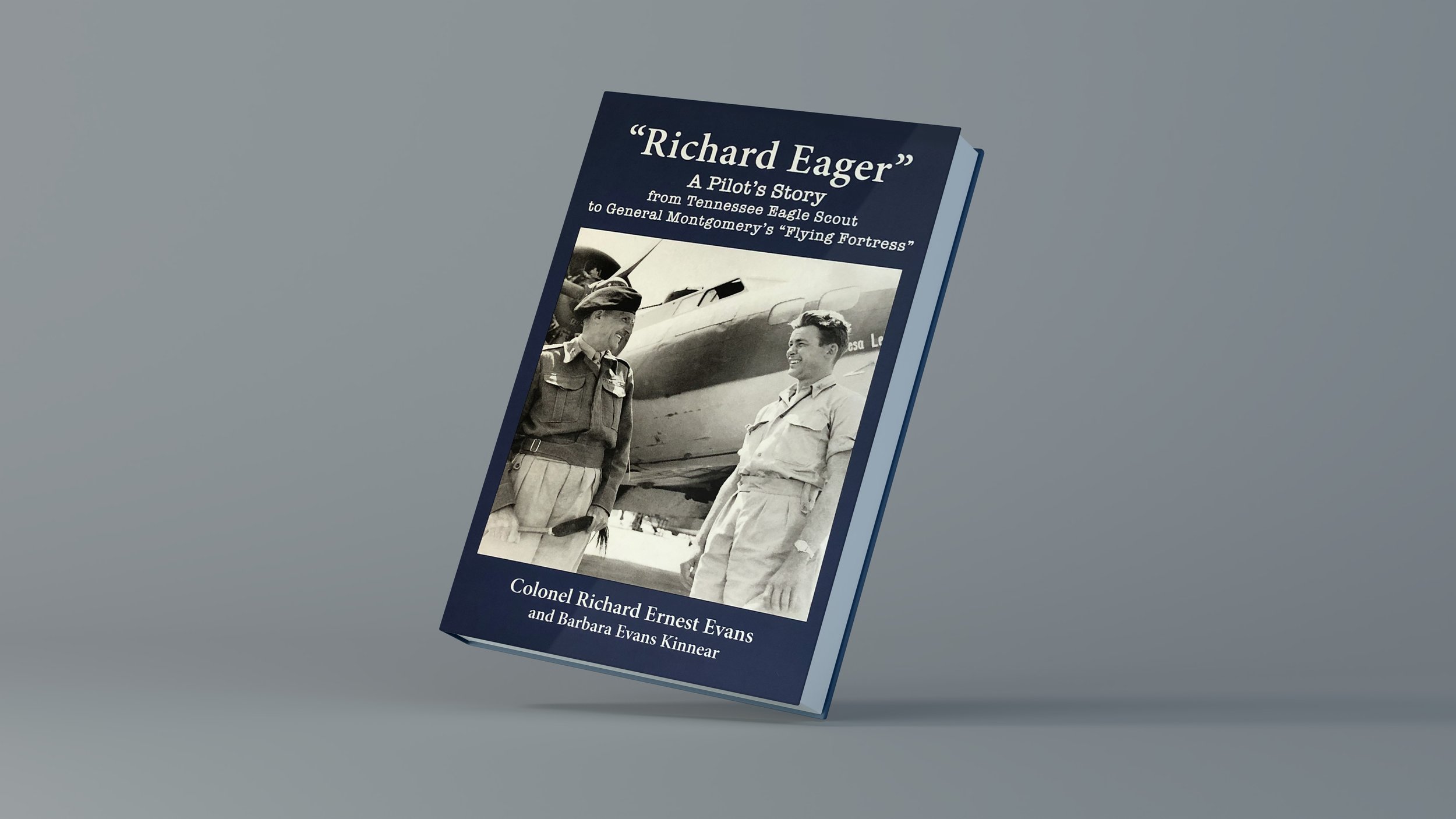British English ~ American English : Neither is Incorrect ~ Second Edition (2024)

Journal
British English ~ American English : Neither is Incorrect ~ Second Edition (2024)
I first penned this in 2022, and I’m still sometimes asked why I spell words in the old-fashioned way.
Well, English is a very wide, extensive, and enriching language, underpinned by the four languages of the United Kingdom of Great Britain and Northern Ireland, along with a curious phrase I grew up with and took for granted ~ the English-speaking Peoples. Add to this the language’s enrichment by Norman French following the Norman Conquest in 1066 by William the Conqueror, into which is that other very essential and beautiful ingredient, the rich influence, even confluence, of Latin.
In 2022 this website outreached to 89 countries, and in 2024 the outreach is 108.
American English is often presumed to be the correct format. It is.
Indeed, US-based spell-checked formats adopt that view, and I often wonder whether I should give way to American English. The other side of me then wonders whether it is right to do so. Every language develops. I quickly have my answer. Go with both.
When it comes to proofreading and dealing with endless corrections of correct British English words, I decided to google a few online questions. That was enjoyable, because, clearly, many ask the same questions. To my surprise, my ancient British English language is actually used by Canada, Australia, and New Zealand, to name just three, in preference to American English.
American English prefers z to s, as for example, in realize / realise. In my time as a practising lawyer, the letter z was a definite ‘no-no’.
Grammarly has a field day. Chatting about this recently with my elder sis, Carol smiled. What? I’ve always spelt that with zed. That’s how I was taught at school.
That’s half a century ago. Yet, my school across town taught me to always use ess in place of zed.
This is a large website. Grammarly is US based, so I will go with both. My logic is that as I am writing from within the British Isles, then British-English is my tongue.
At school, I remember we automatically wrote Pearl Harbour. Likewise, so did the British made newsreels. That, of course, has rightly changed.
At the day’s end, I adopt that beautiful English legal principle, the bedrock of these Islands ~ Equity. Because the equitable approach means that I can happily use both British-English and American-English.
13 September 2024
All Rights Reserved
LIVERPOOL
© 2024 Kenneth Thomas Webb
Digital Artwork is by © KTW unless otherwise credited
First written 23 September 2022 and substantially revised and republished as a new edition on 13 September 2024
Ken Webb is a writer and proofreader. His website, kennwebb.com, showcases his work as a writer, blogger and podcaster, resting on his successive careers as a police officer, progressing to a junior lawyer in succession and trusts as a Fellow of the Institute of Legal Executives, a retired officer with the Royal Air Force Volunteer Reserve, and latterly, for three years, the owner and editor of two lifestyle magazines in Liverpool.
He also just handed over a successful two year chairmanship in Gloucestershire with Cheltenham Regency Probus.
Pandemic aside, he spends his time equally between his city, Liverpool, and the county of his birth, Gloucestershire.
In this fast-paced present age, proof-reading is essential. And this skill also occasionally leads to copy-editing writers’ manuscripts for submission to publishers and also student and post graduate dissertations.





